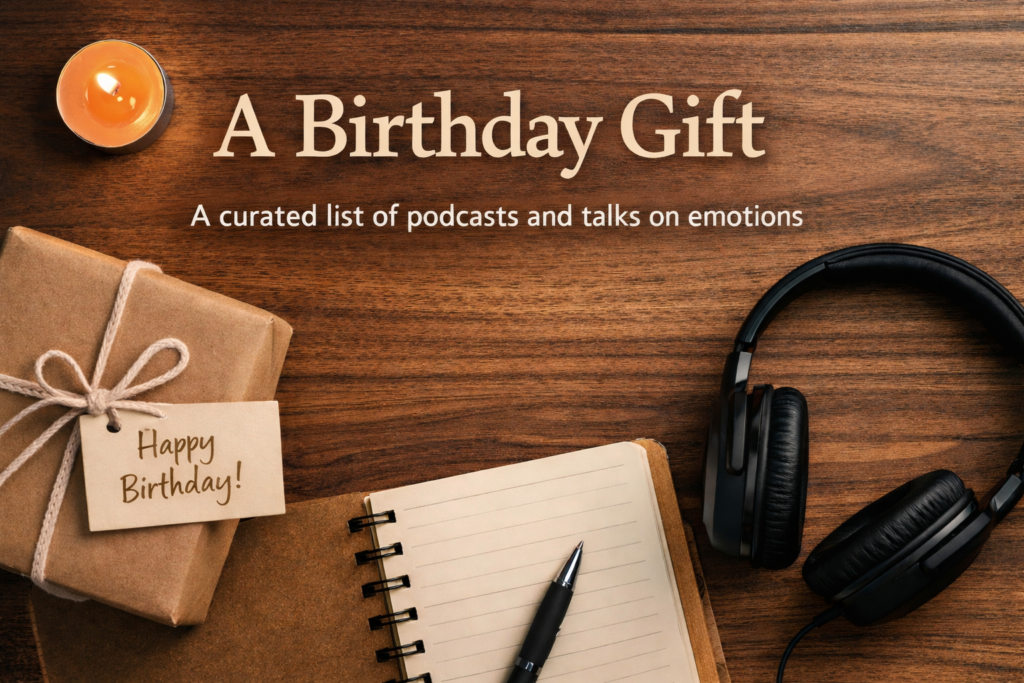In A Story Is a Deal: How to Use the Science of Storytelling to Lead, Motivate In and Persuade, Will Storr arguess that a story involves a deal between the storyteller and the listener. I argue on my substack that before we became such a literate society, this was much more likely to be the case than it is now that we are inundated with stories.
Recording of Hookmark Office Hours (January 15)
I recently hosted an office hours session on using Hookmark for lawyers and writers. Here is the recording of the session:
Continue reading Recording of Hookmark Office Hours (January 15)
And on the Hookmark forum
Self-directed Learning from Stories: Preventing and Solving Problems
Can stories help us—help our loved ones—deal with major problems such as preventing affairs, ending alcoholism, or exiting a very destructive relationship?
Many of us already consume stories about such situations: films, novels, songs, even book-club discussions. But passive exposure is rarely transformational. Insight alone does not reliably change what we do when temptation, insistence, or fear takes over.
What if stories could be used more deliberately—as tools for self-directed learning and preventive practice, rather than as retrospective commentary on lives already in trouble?
I have added a chapter on self-directed learning from stories to my third book, Discontinuities: Love, Art, Mind. The chapter appears in the part of the book titled On Stories, and develops the idea that stories—especially films, novels and music—can function as instruments for story editing, bibliotherapy, and productive practice. The focus is not on appreciation, but on how stories can be used before problems escalate, as well as when decisive change is required.
Discontinuities: Love, Art, Mind is already available for sale on Leanpub, a Canadian ebook platform, and is being published incrementally. The book and chapter are still in draft form.
A draft of the chapter is available on my Substack: Self-Directed Learning from Stories – Luc Beaudoin
A Birthday Gift: Curated Listening on Emotions for Psychotherapists and Others
I decided to give my emotion researcher friend the gift of a curated playlist of podcast episodes and TED Talks on emotions, plus some cognitive productivity tips for making the most out of them. They are not all worth learning from, but some of them have knowledge gems that are worth instilling.
Continue reading A Birthday Gift: Curated Listening on Emotions for Psychotherapists and Others
Why TextExpander Should Become Link-Friendly
Today, on the Hookmark blog — I made A Case for Making TextExpander Link-Friendly.
I often write to CEOs of macOS app development companies to encourage them to make their software link-friendly. I’ve decided to start sharing some of these emails on this blog so that the broader community—developers, power users, and productivity thinkers—can join the conversation and help move the ecosystem forward.
Here is a slightly redacted version of a recent message I sent to the team at TextExpander..
If you agree, please feel free to contact TextExpander asking for this so that they understand the community’s interest in this.
What I’ve written
I will try to maintain an Index of What I’ve Written from 2026 onwards .
Hookmark 6.12 – new ways to add and automate bookmarks and more
Hookmark 6.12 (6436; Integration v. 398) has been released with new ways to add and automate bookmarks across your knowledge tools.
Continue reading Hookmark 6.12 – new ways to add and automate bookmarks and more
Using Hookmark with AI, Hookmark on Mac Power Users, New Hookmark Integrations and more
Tinderbox: A Tool for Thinking in Connections
At CogZest, we celebrate tools that extend human cognition — software that helps us think better, not just work faster. Continue reading Tinderbox: A Tool for Thinking in Connections

